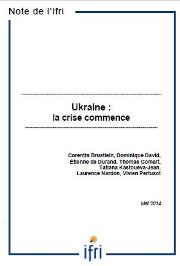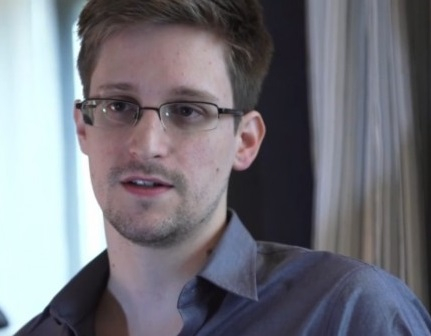Russia-Eurasia
Eurasia is undergoing profound changes. While the Soviet past has left a lasting imprint, Russia and the countries of Eastern Europe, Central Asia and the South Caucasus have their own trajectory.
Related Subjects
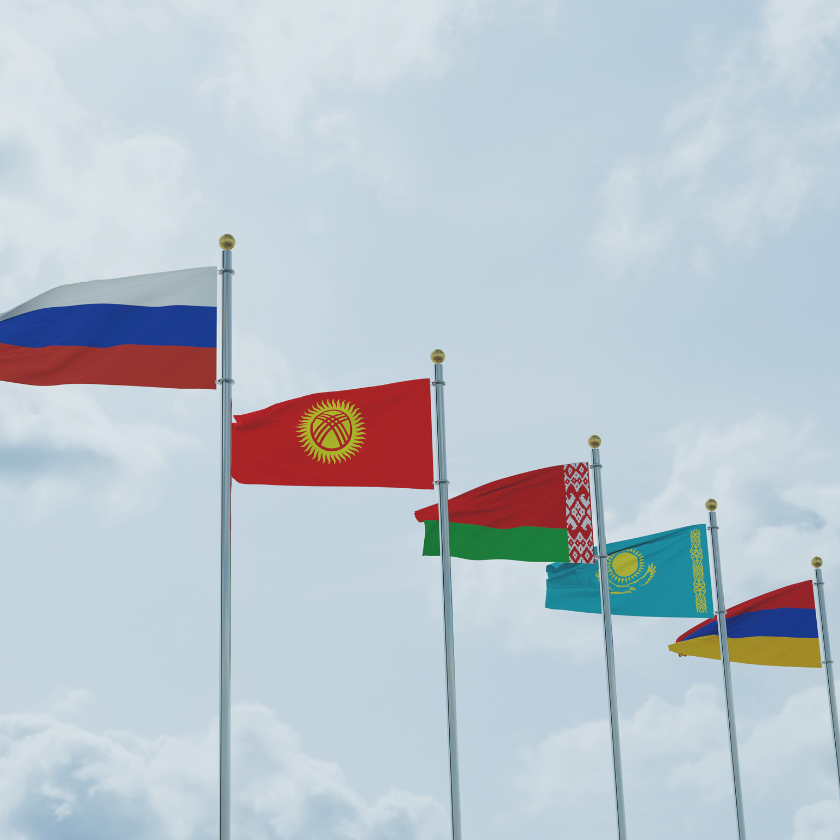
The Caspian Sea as an Emerging Energy Hub : Potentials and Limitations
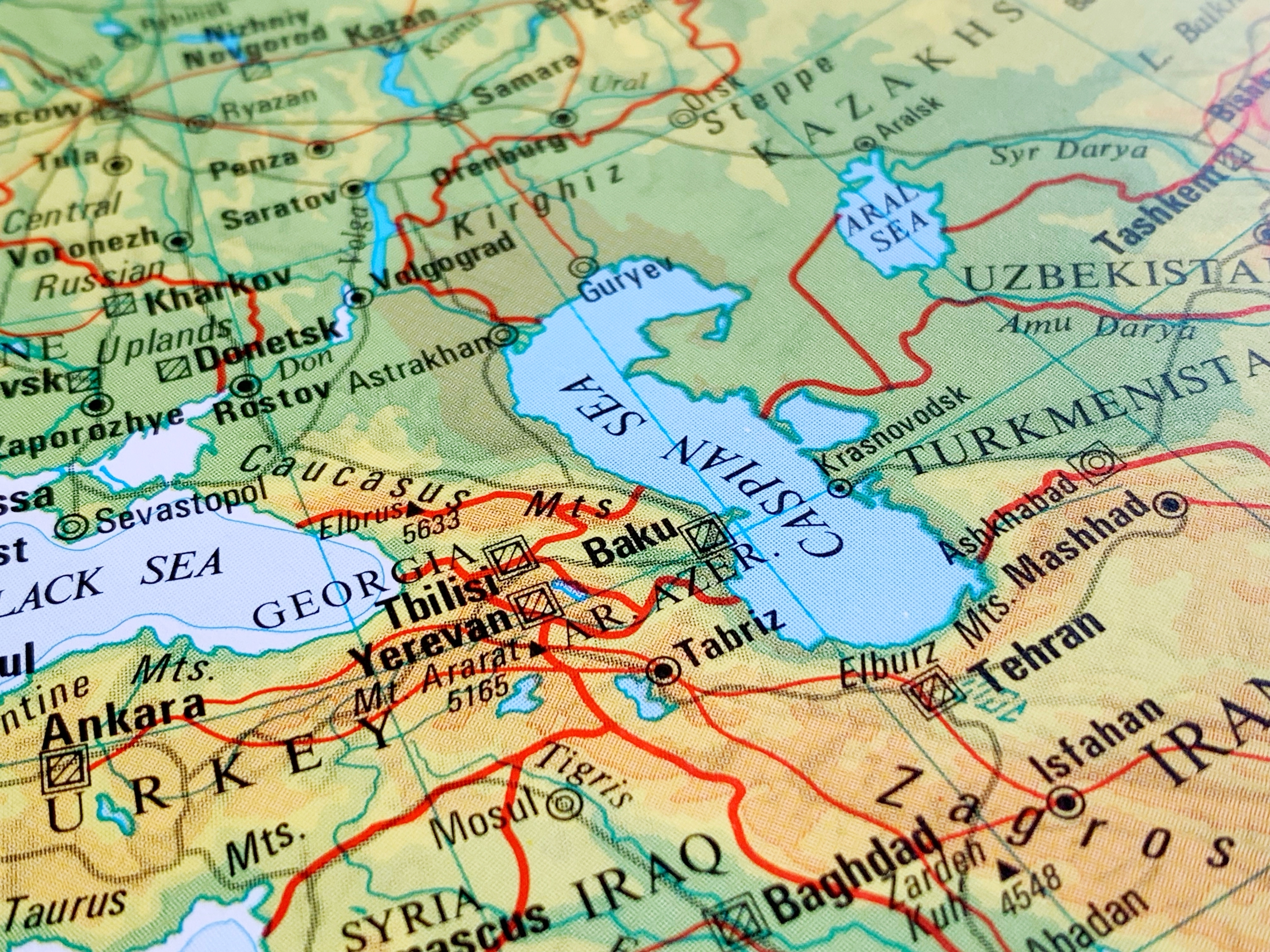
This report analyzes the prospects of the Caspian Sea region — and its key actors except for Russia and Iran — becoming an important energy hub serving the needs of the European Union (EU).

The Ukrainian Crisis or the European Misunderstanding
The crisis in Ukraine seems at first to be the result of the impact of two misunderstandings of Russian and Western approaches.
German, French, Polish and Russian Views on Russia’s Foreign Policy
The Franco-German Study Committee (Cerfa) and the Russia/NIS Center of the French Institute of International Relations (Ifri) have organized a closed seminar and interviews about the "German, French, Polish and Russian Views on Russia’s Foreign Policy".
The Crisis in Ukraine: An Insider's View
By the end of 2013 the numerous miscalculations of the Yanukovych regime had deepened the systemic crisis in Ukraine, the crux of which was the tension between the people's hopes of independence and the inefficiency of the country's post-Soviet political and social system.
Ukraine : the crisis begins
Il y aura un avant et un après. En Ukraine, en Russie, dans toute l’Europe, ailleurs.
La disparition de l’Ukraine comme entité souveraine – on en est plus près que jamais – serait un coup de tonnerre en Europe. Parce que l’espace qui lui survivrait serait très difficilement gérable, ouvrant le risque d’une longue guerre civile dans le style Balkans- années 1990. Et parce que la Russie est incapable de gérer seule cet espace où les Occidentaux n’ont guère l’envie de s’investir profondément.
Une Europe aux abonnés quasi-absents. La crise prend à contre-pied une Politique européenne de voisinage (PEV) brouil- lonne, éclaire l’impuissance militaire de l’Union de Lisbonne et son incapacité à s’entendre sur une stratégie commune face à un pro- blème fondamental dans son voisinage, tant demeurent prégnants les intérêts nationaux, et non politiques les mécanismes bruxellois.
Et loin, très loin, l’Amérique... Une Amérique finalement assez peu présente dans la crise, mais qui se voit, en un temps d’incertitude sur son propre positionnement stratégique, renvoyer la question fondamentale de ces 20 dernières années – qu’elle n’a pas plus que les autres les moyens de trancher : le système international retourne- t-il à grande vitesse vers une structure d’affrontement classique dont Moscou pourrait, avec Pékin, constituer l’épicentre ? Ou, bon an mal an, reste-t-il stable, avec de bons moyens d’amortir les cahots ici ou là inévitables ?
Sur l’ensemble de ces thèmes et bien d’autres encore, l’Ifri présente ici quelques brèves introductions à l’ensemble des débats ouverts par les événements ukrainiens. La crise ukrainienne ne fait que commencer.
The EU, Russia and the Eastern Partnership: What Dynamics under the New German Government?
The Eastern Partnership summit in Vilnius in November 2013 demonstrated that the European Union’s policy toward its eastern neighbors has developed into a highly contentious issue between the EU and Russia.
The Baltic Forum 2013
Significant changes in global and regional energy supply and demand, as well as their influence on the political decision-making determine the need to restore proper expert analysis of problems and development perspectives.
Traffic streams, especially energy resource transit, are directly subordinate to the changes in the relations between the countries of the world. Logistics cannot be considered in isolation from the international security and energy policy.
The ensuring of Euro-Atlantic security to the countries and country groups in the surrounding turbulent world is one of the most important and topical issues for joint consideration.

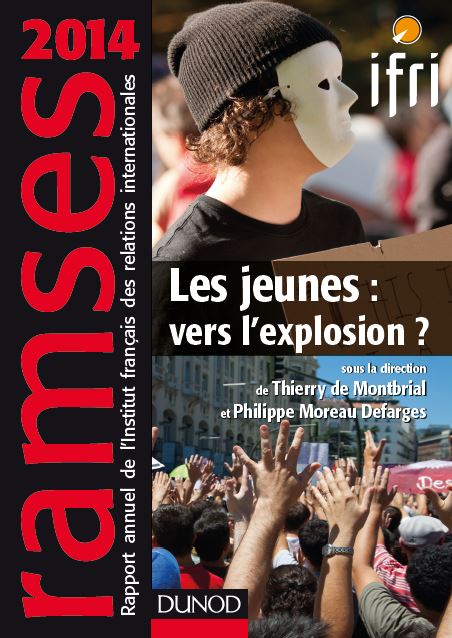
Edward Snowden and democratization through the web
Why did Edward Snowden decide to disclose information related to U.S. secret services?
- Edward Snowden belongs to that generation of militants who do believe in the web as a tool for democratization, and do think that, to some extent, intelligence services of big states intend to monitor and to control the web at the expense of civil societies. This generation of militants believes in democratization through the web, and they want to fight against the "raison d'Etat". In that sense, there will be certainly other people like Snowden who will be ready to defend that cause of transparency. We'll see what is going to happen, but I definitely think he will become more and more a sort of a symbol of this cause, as Julian Assange is.
Russia's Eastern Energy Policy: A Chinese Puzzle for Rosneft
In the past decade Russia set a strategic goal: to develop the Eastern vector of its energy policy and strengthen oil and gas cooperation with the Asia-Pacific countries. While dialogue on gas with China was stalled, Rosneft, the country's number-one oil company, made a breakthrough in petroleum relations.
Support independent French research
Ifri, a foundation recognized as being of public utility, relies largely on private donors – companies and individuals – to guarantee its sustainability and intellectual independence. Through their funding, donors help maintain the Institute's position among the world's leading think tanks. By benefiting from an internationally recognized network and expertise, donors refine their understanding of geopolitical risk and its consequences on global politics and the economy. In 2024, Ifri will support more than 70 French and foreign companies and organizations.










